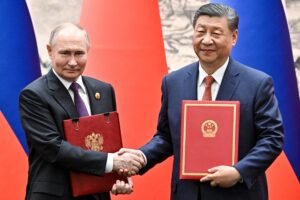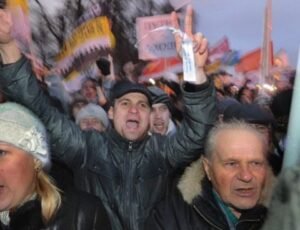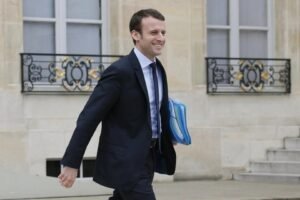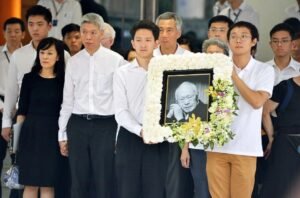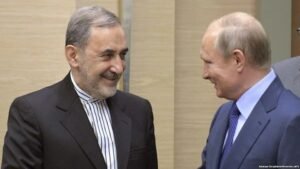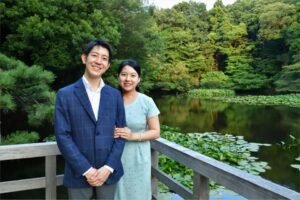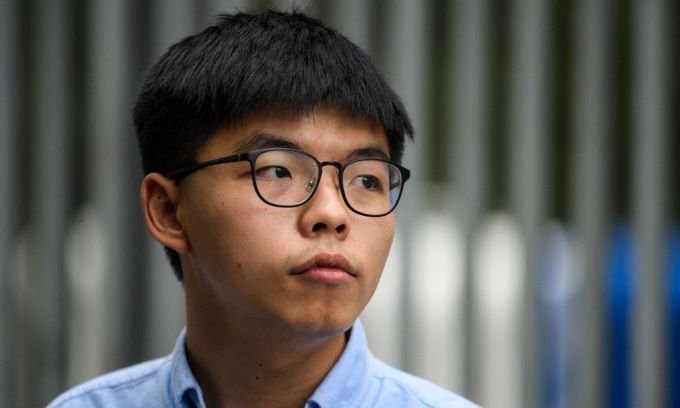
Joshua Wong is not eligible to run 2
Hong Kong officials said that only those who pledge to uphold the Hong Kong Basic Law, as well as show loyalty to the city government and central government, will be able to run for the Legislative Council election on June 6.
The Hong Kong government warned that more candidates could be banned from running, saying campaigns to block the law by winning a majority of seats in the Legislative Council or refusing to recognize China’s sovereignty over Hong Kong also
Joshua Wong responded to the press in Hong Kong in October 2019.
In addition to Joshua Wong, many people who frequently criticize the mainland government such as Gwyneth Ho, Lester Shum, Tiffany Yuen and Fergus Leung are also ineligible to run.
Joshua Wong expressed his opposition on Twitter, saying that this decision `ignores the thoughts of the people of Hong Kong and threatens the city’s right to self-determination`.
Beijing’s Liaison Office in Hong Kong issued a statement supporting the city government’s decision, saying that the political views of the above candidates `have crossed the legal boundary`.
According to election regulations after 1997, when Hong Kong was returned to China, half of the 70 seats of the Legislative Council were directly elected.
In the 2016 election, the pro-democracy camp won 29 seats, but then 6 people were disqualified because the Chinese parliament deemed their oath of office inconsistent.
Wong was called the leader of the `umbrella` student protest in 2014 to protest Beijing’s too-deep interference in the 2017 Hong Kong chief executive election. The protest was called `umbrella` because of its participants.
In January 2018, Wong was sentenced to three months in prison for resisting officers on duty, but only served 6 days before being released on bail pending appeal.
Hong Kong’s security law criminalizes four types of national security crimes including secession, subversion, terrorism and collusion with foreign countries or external elements to endanger security.
Many countries and world organizations have expressed concern about Hong Kong’s security law, warning of the risk of weakening the `one country, two systems` principle.
However, the Chinese government and the Hong Kong government have repeatedly affirmed that the new security law is intended to ensure stability and development for the special zone, and at the same time warn other countries not to interfere in internal affairs.
Hong Kong police yesterday announced that they had arrested four students under the new security law, because they were related to a group supporting independence for the special zone.

